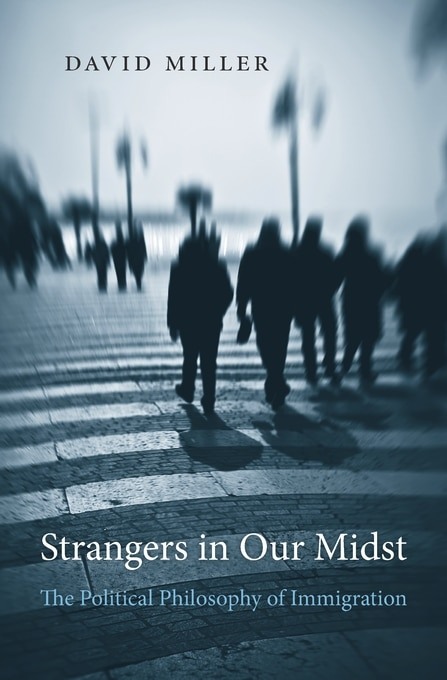 Strangers in Our Midst: The Political Philosophy of Immigration, David Miller (Cambridge, Mass.: Harvard University Press, 2016), 240 pp., $35 cloth.
Strangers in Our Midst: The Political Philosophy of Immigration, David Miller (Cambridge, Mass.: Harvard University Press, 2016), 240 pp., $35 cloth.
By now one might hope that the robust body of theoretical work recently published on immigration ethics would have taken general political philosophy a long way from the prevailing Rawlsian-style insularity premise, according to which society is “a closed system isolated from other societies” into which persons “enter only by birth and exit only by death.” But there are still a great many political theorists whose focus is unreflectively endogenous and who assume away questions of states’ constitutive scope and boundaries. One of the signal merits of David Miller’s new book, Strangers in Our Midst, is that it lucidly demonstrates why ignoring state boundary constitution is untenable for political theory. Miller shows that foundational debates in political philosophy are inescapably related, both as premise and entailment, to many normative immigration questions.
Full essay available to subscribers only. Click here for access.
More in this issue

Spring 2017 (31.1) • Essay
Rethinking the Concept of a “Durable Solution”: Sahrawi Refugee Camps Four Decades On
The Sahrawi people have been housed in refugee camps in Tindouf, Algeria since 1975. This essay uses the case of the Sahrawi to illustrate the problematic ...
Spring 2017 (31.1) • Feature
Shame on EU? Europe, RtoP, and the Politics of Refugee Protection
In this feature, Dan Bulley argues that there is little to be gained by invoking the RtoP norm in the context of the refugee crisis. ...